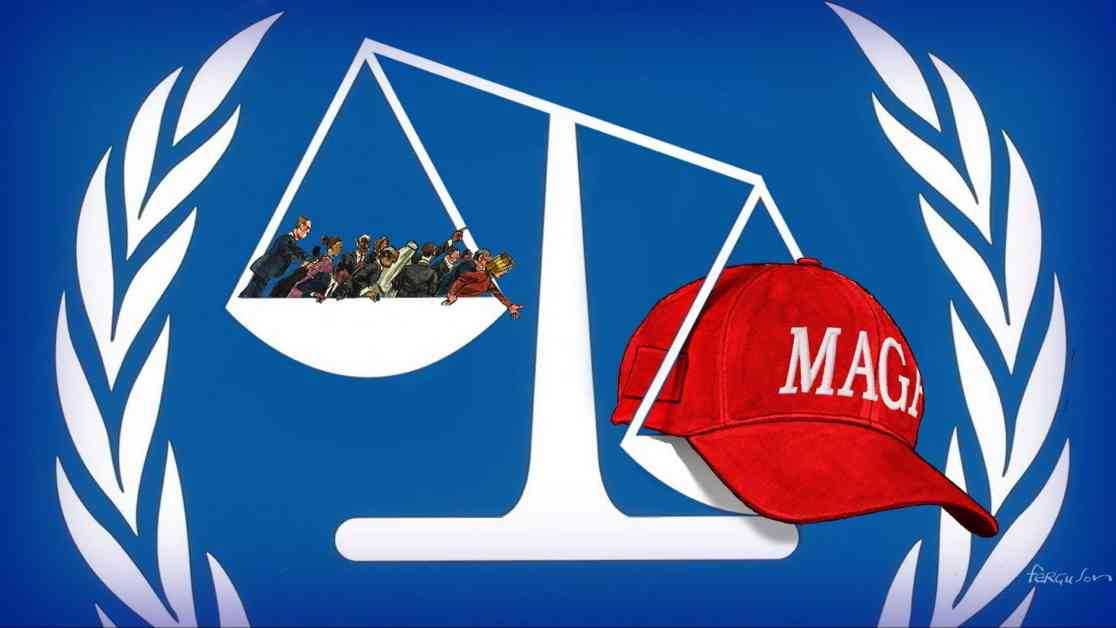The recent actions taken by Israel have raised concerns about the impact on the Western alliance. Many analysts are analyzing the implications of these actions on the relationship between Israel and Western countries.
One of the main concerns is the potential strain on the diplomatic ties between Israel and Western allies. The decision to annex certain territories has been met with criticism from many Western nations, who view it as a violation of international law. This could lead to a deterioration in relations between Israel and its Western allies, which could have far-reaching consequences.
Furthermore, the actions taken by Israel have also sparked debate within Western countries themselves. Many politicians and policymakers are divided on how to respond to Israel’s actions, with some calling for a stronger stance against Israel, while others are more cautious in their approach. This internal division could weaken the unity of the Western alliance and make it difficult to form a cohesive response to the situation.
In addition, the conflict in the Middle East has always been a sensitive issue for Western countries. The ongoing tensions between Israel and its neighbors have often put Western nations in a difficult position, as they try to balance their support for Israel with their relationships with other countries in the region. The recent actions by Israel have only added to this complexity, making it even more challenging for Western countries to navigate their foreign policy in the region.
Overall, the impact of Israel’s actions on the Western alliance is still unfolding. It is clear that there are deep divisions and disagreements within Western countries on how to respond to the situation. The coming weeks and months will be crucial in determining how the Western alliance will navigate this challenging issue and maintain its unity in the face of growing tensions in the Middle East.






















